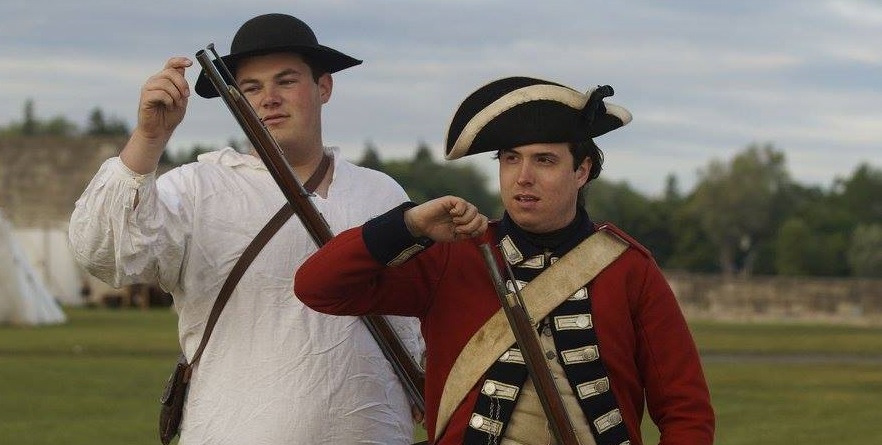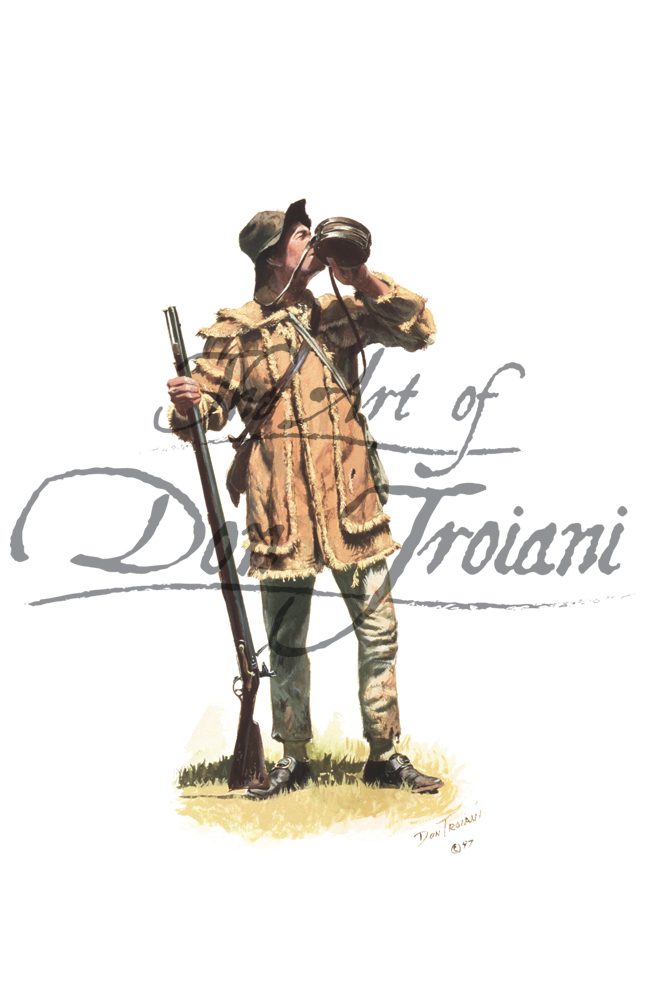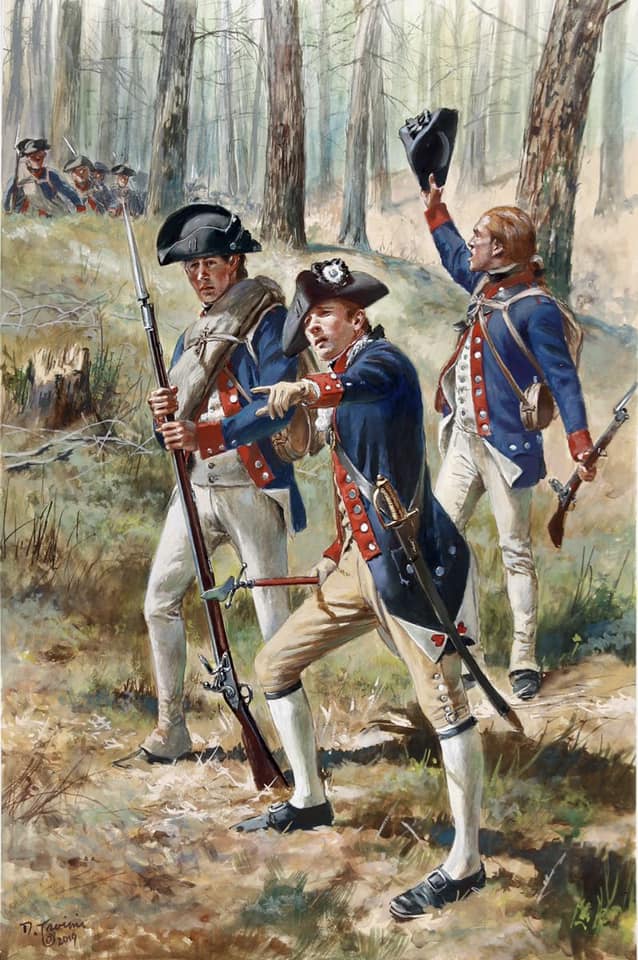
A thread on the possibility of Russian troops invading the United States. No, in 2023, or in Red Dawn. This is the grandfather of US-Russian invasion fantasies: the 1775 negotiations for Russian troops to aid the British during the American War of Independence. 1/27 
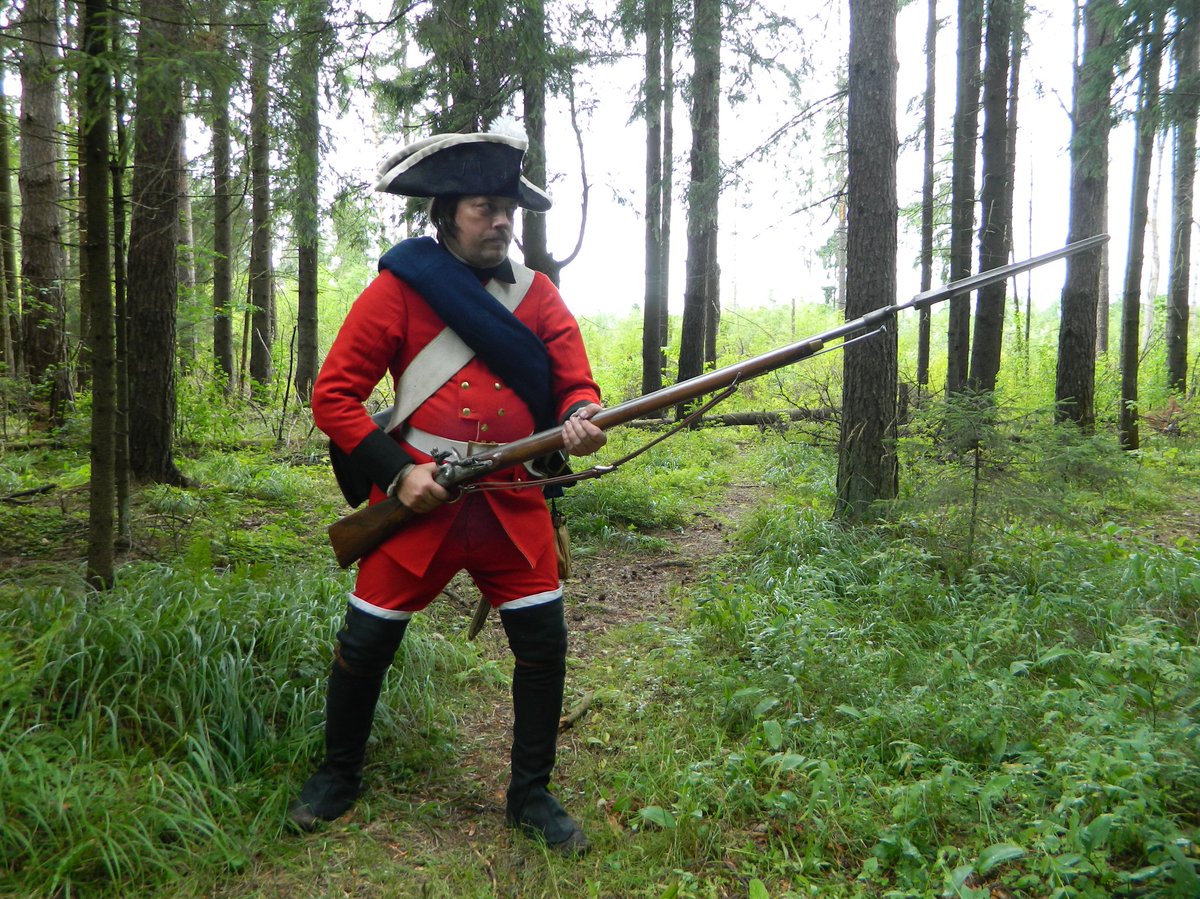
The apocalyptic vision of Russians invading the United States became common during the Cold War and has carried on into the post-Cold War era through the medium of video games like Call of Duty: Modern Warfare 2. The famous example of this trend is the 1984 film, Red Dawn. 2/27
In the AWI this possibility was looked for British officers and feared by the American people, has been addressed by a number of diplomatic historians. The best book in English on this subject is still Normal Saul's "Distant Friends: The United States and Russia, 1763-1867". 3/27
For making me aware of this incident, and all of his assistance directing my secondary field in 18th century Russian history, I would like to thank Prof. Dr. Sergei Zhuk, of Ball State University, who was kind enough to work with a student interested in the Hessians. 4/27
In their summer jackets, the red-coated Russians would have fit in quite well with the British.
As ever, if you want footnotes, check it out on my blog. (shorturl.at/rLNQ7) 5/27
As ever, if you want footnotes, check it out on my blog. (shorturl.at/rLNQ7) 5/27
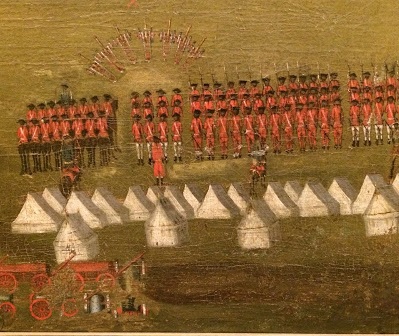
On August 7th, 1775, Sir Robert Gunning, received a letter from Henry Howard, the 12th Earl of Suffolk. Suffolk, wrote to Gunning, the Ambassador in Russia, confidentially asking him to put out feelers regarding obtaining Russian troops for British use in North America. 6/27 
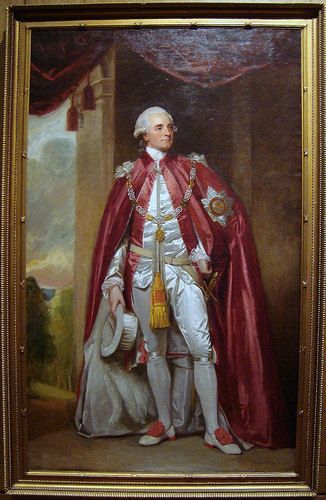
Gunning appeared to hedge his bets in his letters back to his handler in London: he carefully explained that he needed to bring this topic of conversation up organically with the Empress herself, or with her minister Nikita Ivanonvich Panin. 7/27
He planned to wait for the Empress to make one of her "numberless assurances [that] she has formerly given me of Her wishes to have any opportunity of serving the King (George III)." 8/27
This assurance was normally given in the course of diplomatic niceties at court, and was the equivalent of the nicety, 'let us know if you need anything.' Gunning planned to follow-up this nicety with, 'actually, your Imperial Majesty, we need about 20,000 troops.' 9/27 
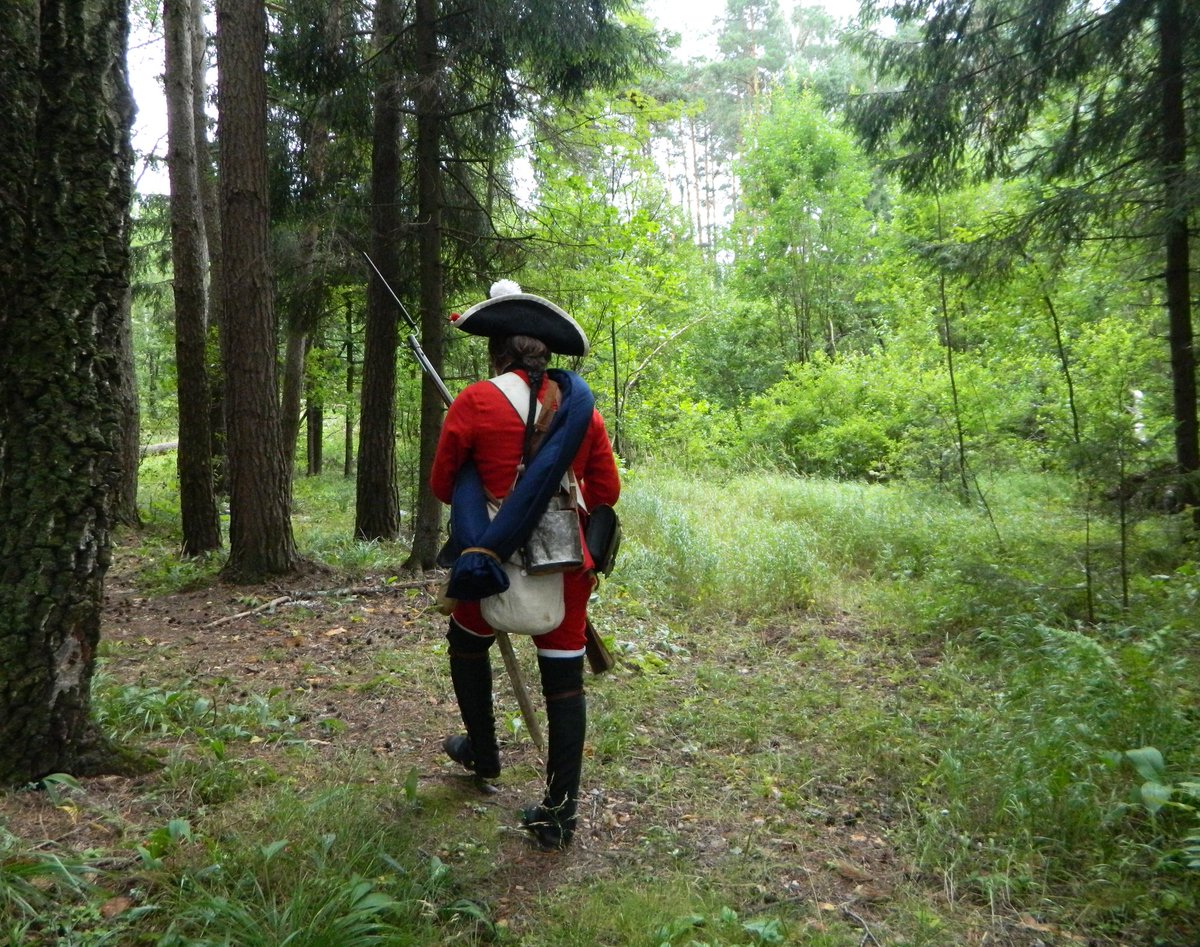
By the 8th of September, Suffolk had replied to Gunning, indicating that he should be prepared to offer the Russian Empress a subsidy treaty in exchange for use of this "body of troops", but that "it is more profitable," for Gunning to pursue... 10/27
.."the same line of sentiment on which she [Empress Catherine] has thus far proceeded; she may think a treaty unnecessary and lend the assistance required without any formal obligation whatever." 11/27
Acknowledging that this level of generosity seemed unlikely, Suffolk continued, "That you however may be prepared for every possible contingency, His Majesty commands me to inform you that the proposal of a Subsidy is not to frustrate the negotiations." 12/27
Helpfully, Suffolk drew up a draft of a subsidy treaty, leaving key areas, such as numbers of troops committed, blank, so that Gunning would have something tangible to present the Russian Empress. This treaty, written in French, contained the following points: 13/27
1. George III would secure a body of troops for service, the exact number of troops left blank, they would be officered by Russians.
2. The troops would be picked up by British transports from various seaports on the 25th of March, 1776. 14/27
2. The troops would be picked up by British transports from various seaports on the 25th of March, 1776. 14/27
3. The troops would be reviewed before embarkation by an English commissioner, who would administer an oath of loyalty to George III, which the treaty was careful to note, "of course, this will not supersede their oath of Loyalty taken to the Her Majesty the Empress..." 15/27 
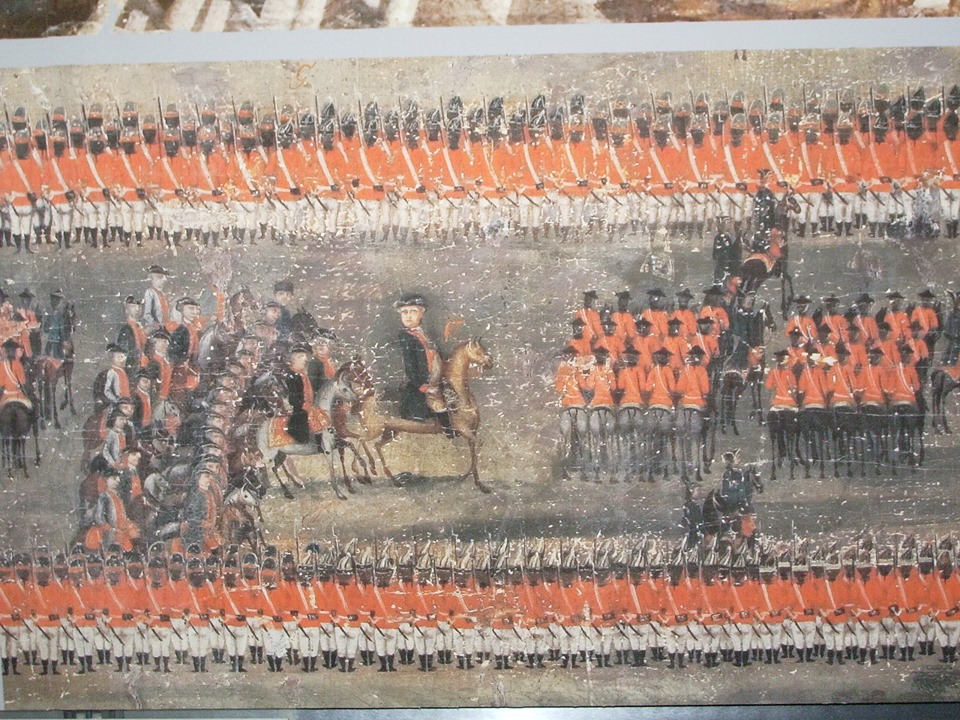
4.The British crown would provide two battalion guns (light cannon) to each battalion serving in this manner, and also provide the necessary men for crewing these pieces. 16/27
5. Having taken the oath of Loyalty on March 25th, they would for all intents and purposes be British National Troops, receiving pay at the same rate as their British counterparts...
9. The treaty would last for two years with the possibility of renewal.
Full list on blog.17/27
9. The treaty would last for two years with the possibility of renewal.
Full list on blog.17/27
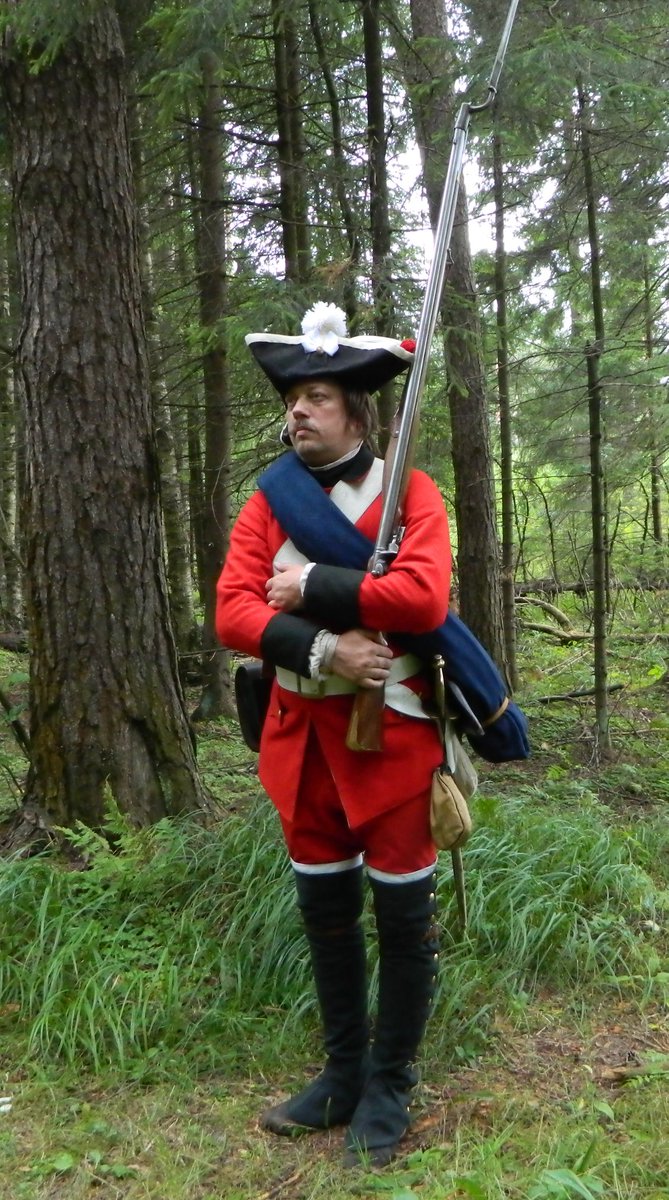
As a result of the delay in sending the treaty, Gunning missed what he thought was the perfect opportunity to ask the Empresses for assistance. Notwithstanding this setback, Gunning immediately approached Panin. 18/27
Panin treated Gunning's request with favor: "Neither the number of troops nor the place of their destination seemed to strike him as exceptionable: he repeated to me that he saw it perfectly in the light I did, as a matter of Friendship between sovereign and sovereign." 19/27 
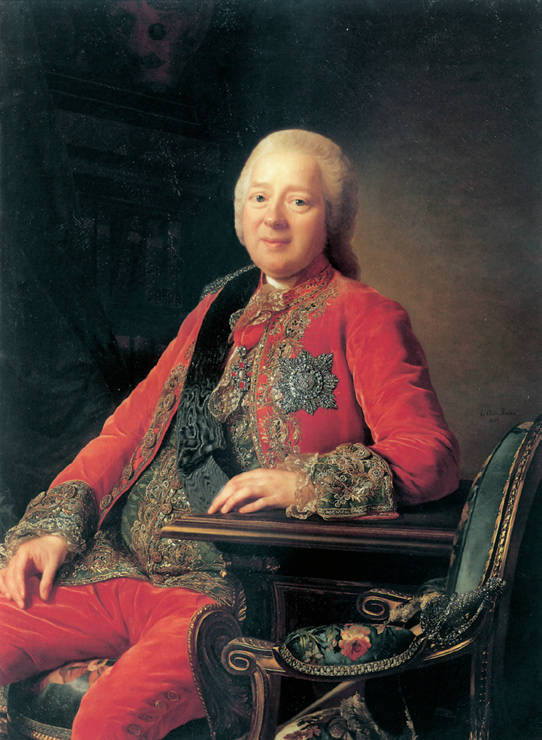
Panin confirmed Gunning's suspicions that the idea might be shot down in the presence of a hostile party, such as Potemkin or the Tchernychevs, and "was of the opinion that he ought himself to be the Bearer of His Majesty's Letter to the Empress." 20/27
Gunning next approached Count Ivan Andreyevich Osterman, and received a cooler response. Osterman, "asked me whether such an assistance would not alarm the other powers." Gunning was unable to convince Osterman of the feasibility of the scheme. 21/27
When Gunning had the opportunity to speak to Panin once again, "the less positive manner in which he expressed his hopes of the success of my application made me very much apprehensive that Count Osterman's ideas of the difficulty of the business had infected him." 22/27
That was Wednesday. By Friday, at 5pm, Panin relayed to Gunning that the Empress, "shewed much repugnance to the [idea of] having her troops employed in America, where they could have no communication with this country... 23/27
...and that the number requested was so great that she did not think it was possible to grant them in the present state of her forces." Panin, in passing, added to Gunning, "could not His Majesty make use of Hanoverians?"24/27
At this point, Gunning resorted to begging, pleading, and that most unhelpful of suggestions, "we could have assisted the Turks in the late war." Finally, Catherine II sent a lengthy letter to George III via Gunning. Despite an effusive opening, Catherine indicated that... 25/27
I cannot hide from your Majesty that such aid with such a destination not only sits ill with me, but also exceeds the limits of my powers to oblige." 26/27
At the end of the day, British overconfidence was shattered, and no Russian troops sailed to America. It would be difficult to imagine Trenton with a Russian garrison, or Cossacks pillaging the New England countryside, but this nearly happened. 27/27
• • •
Missing some Tweet in this thread? You can try to
force a refresh


